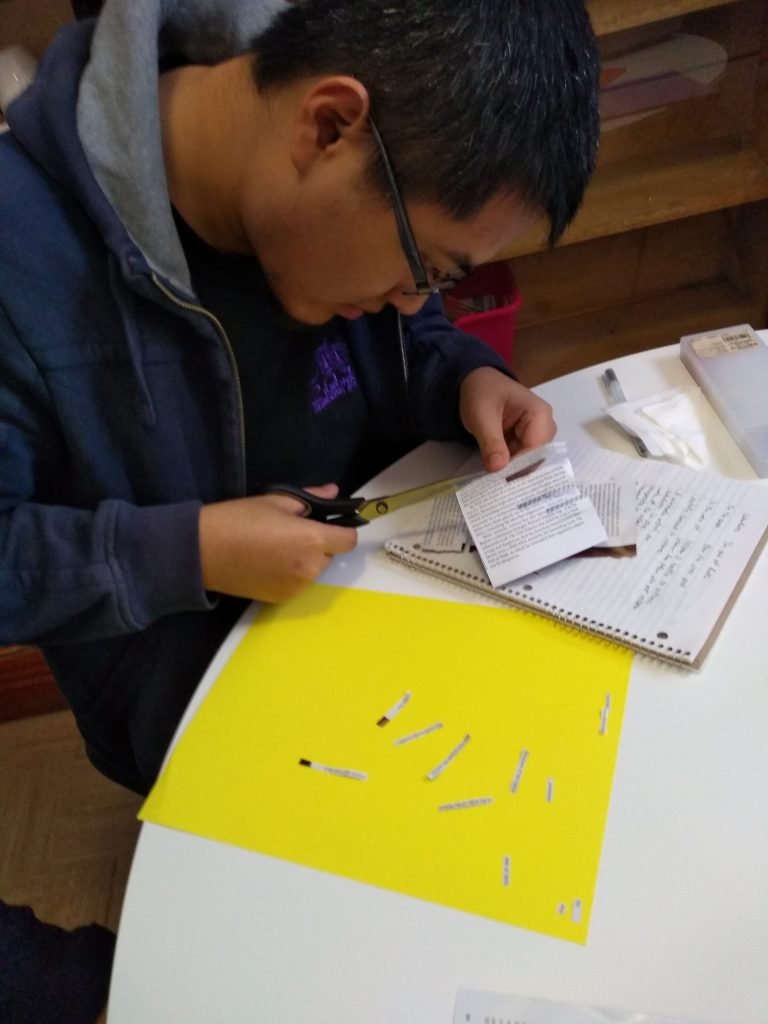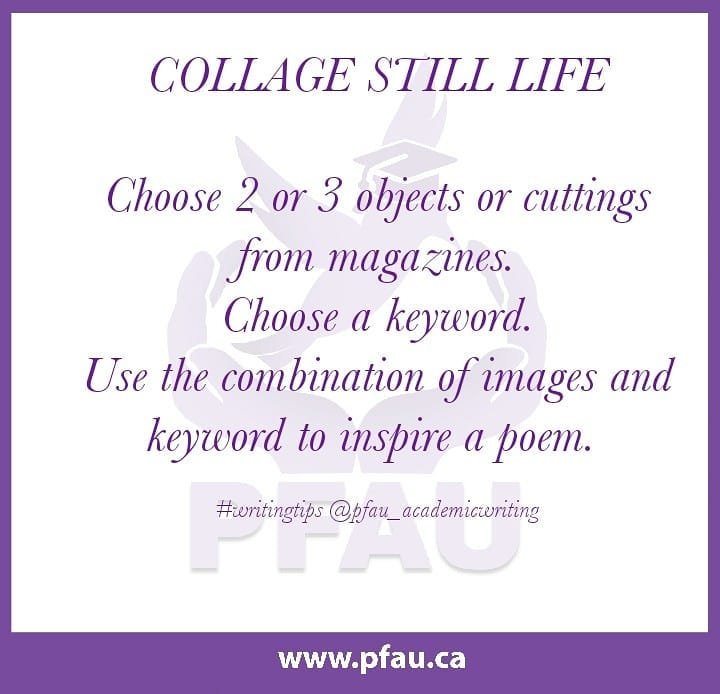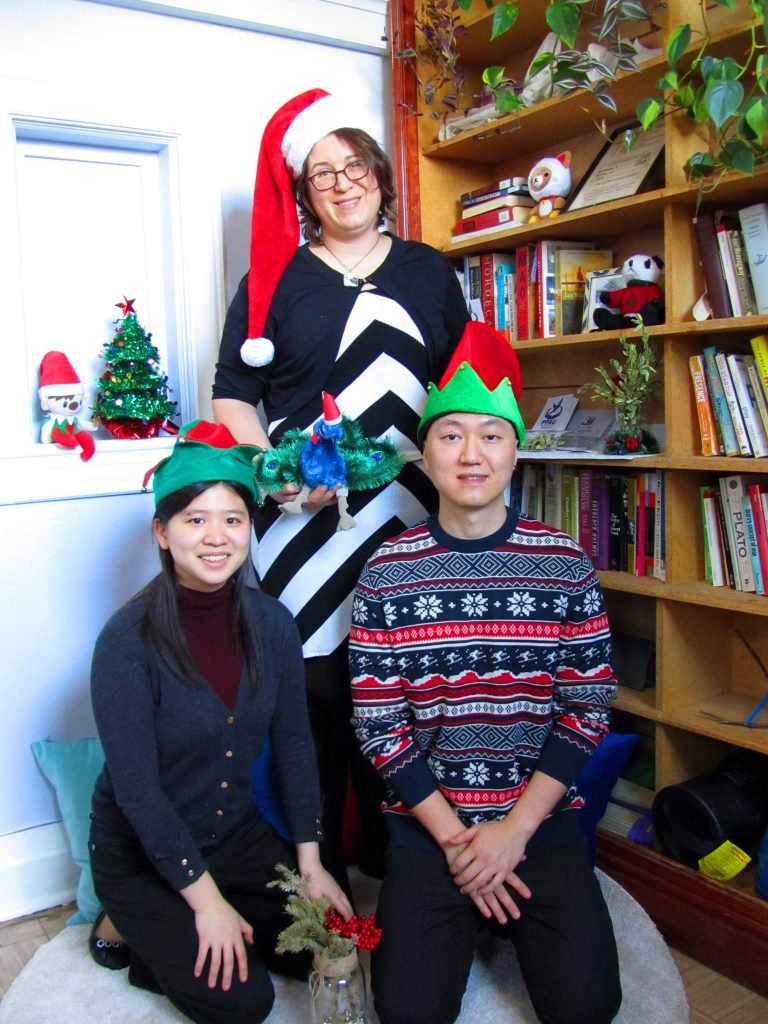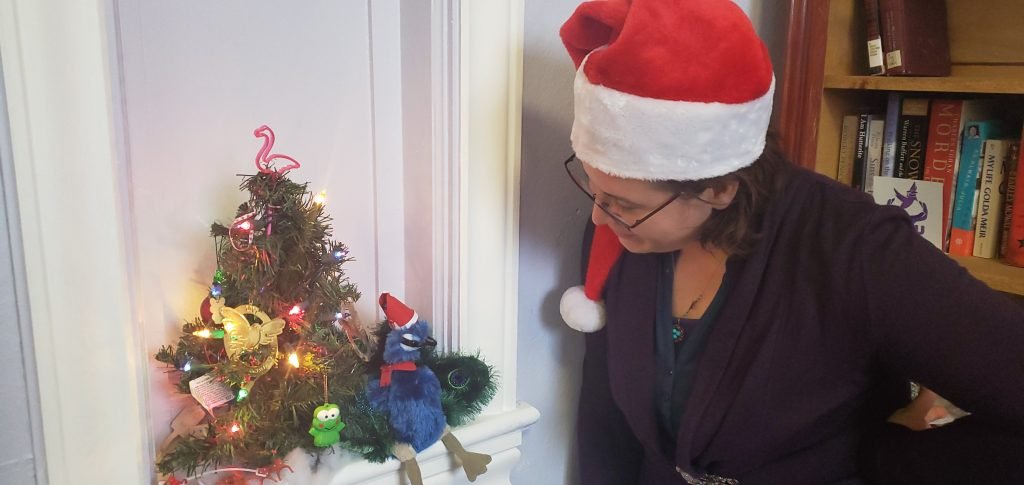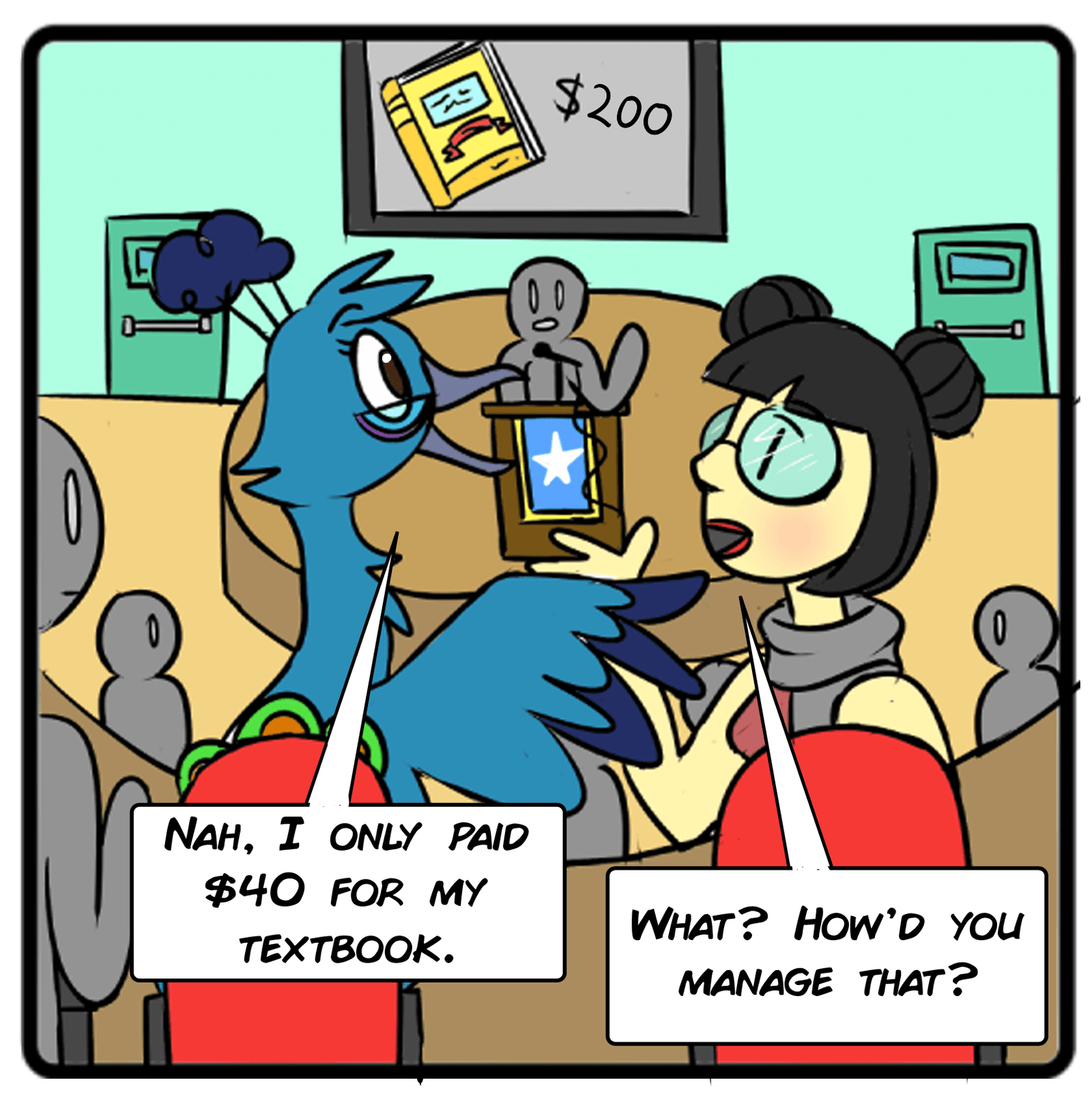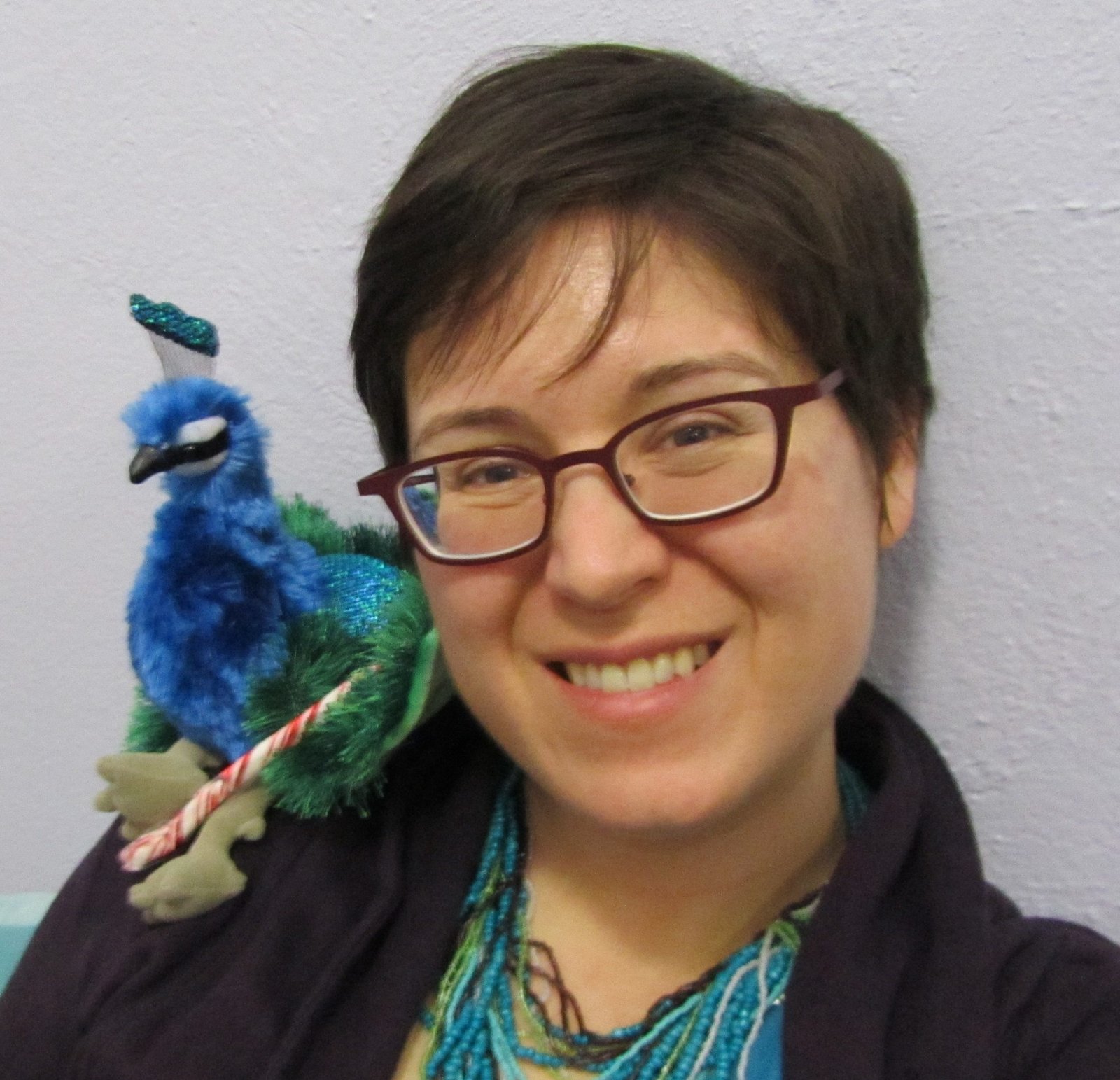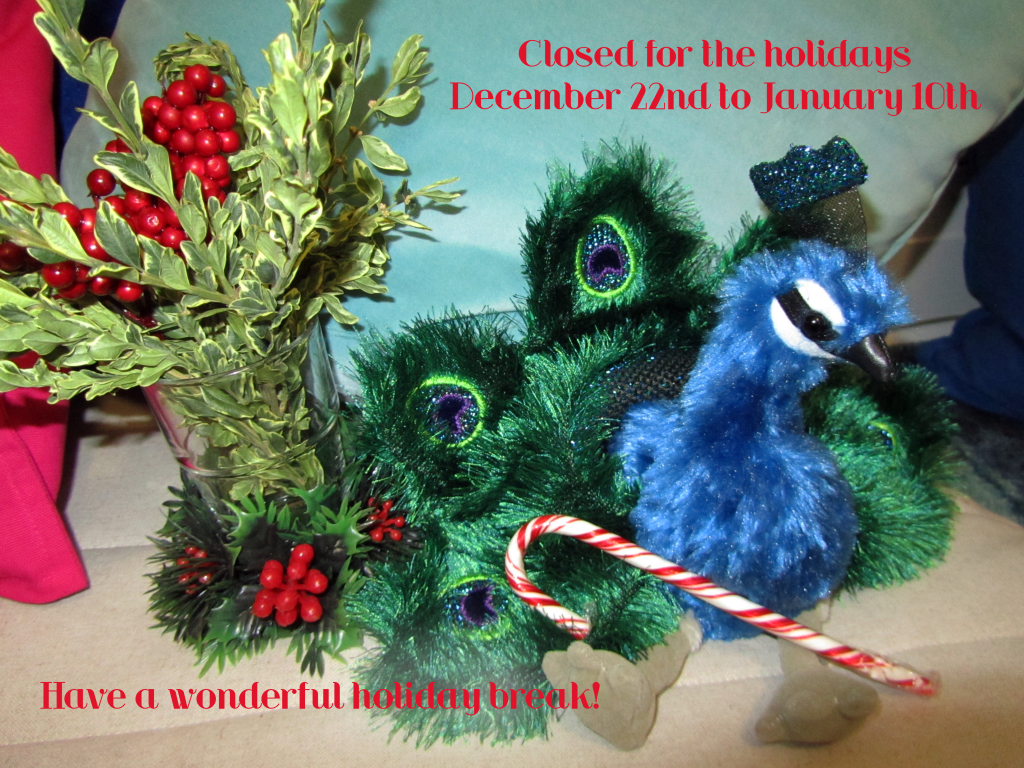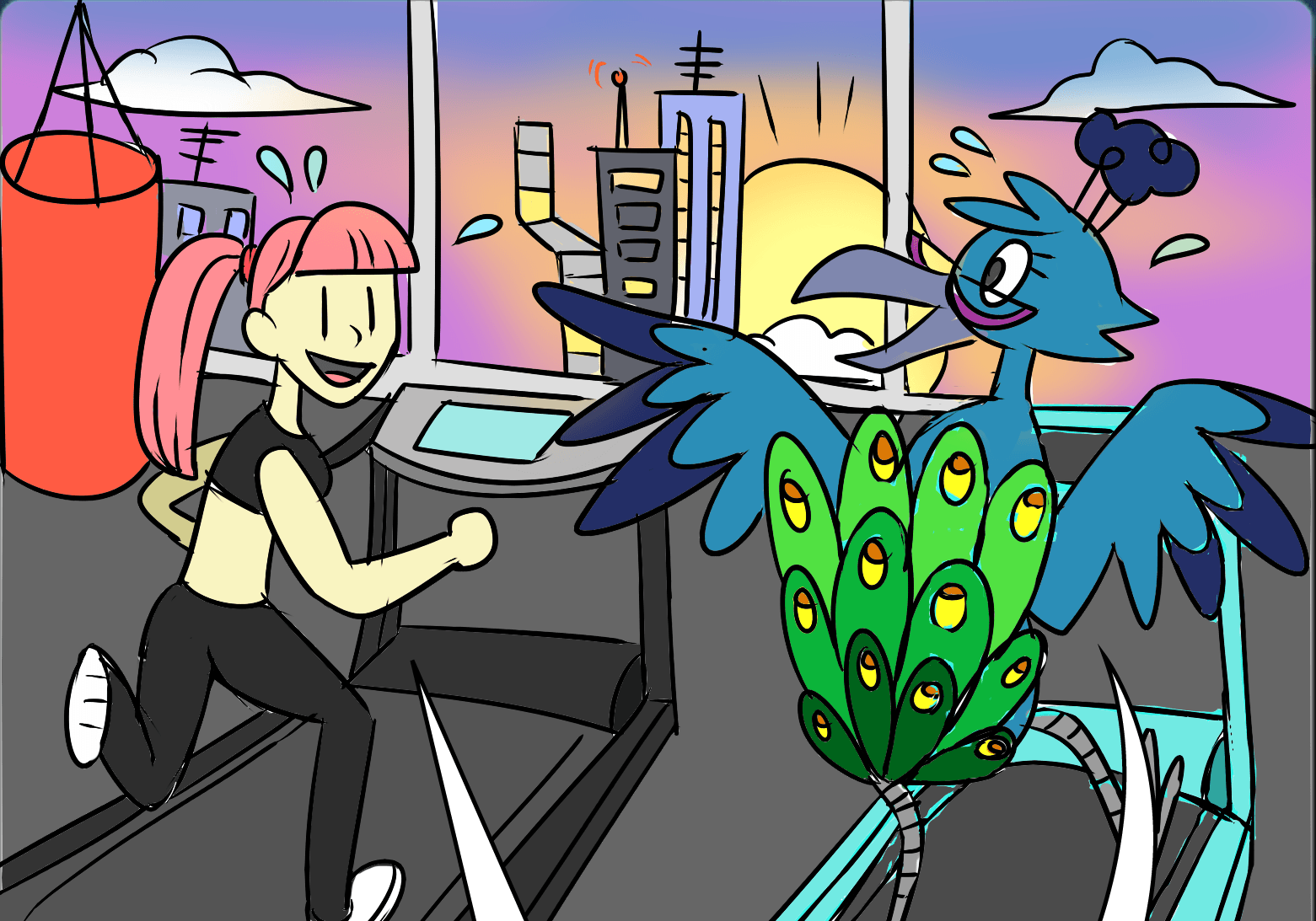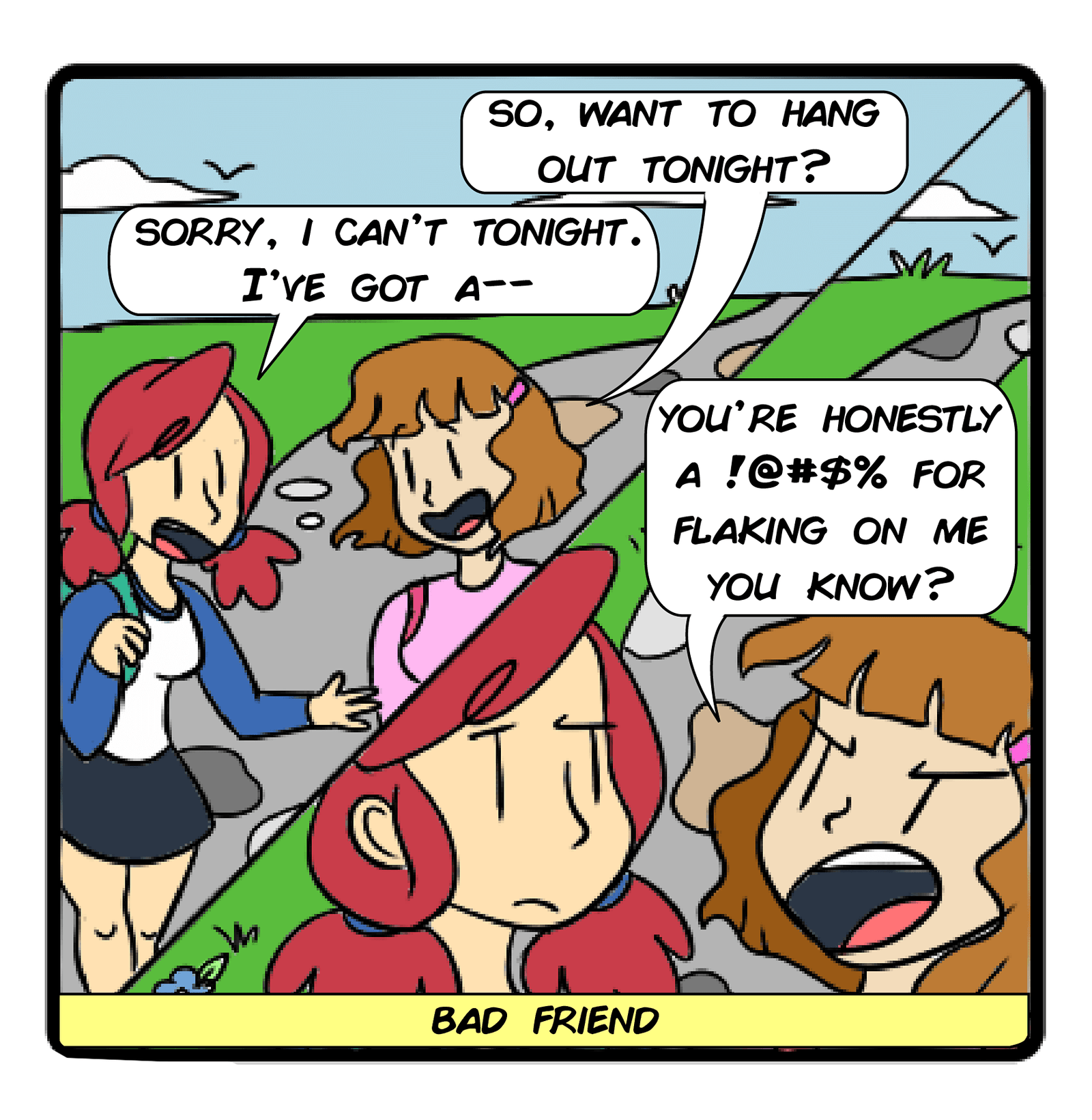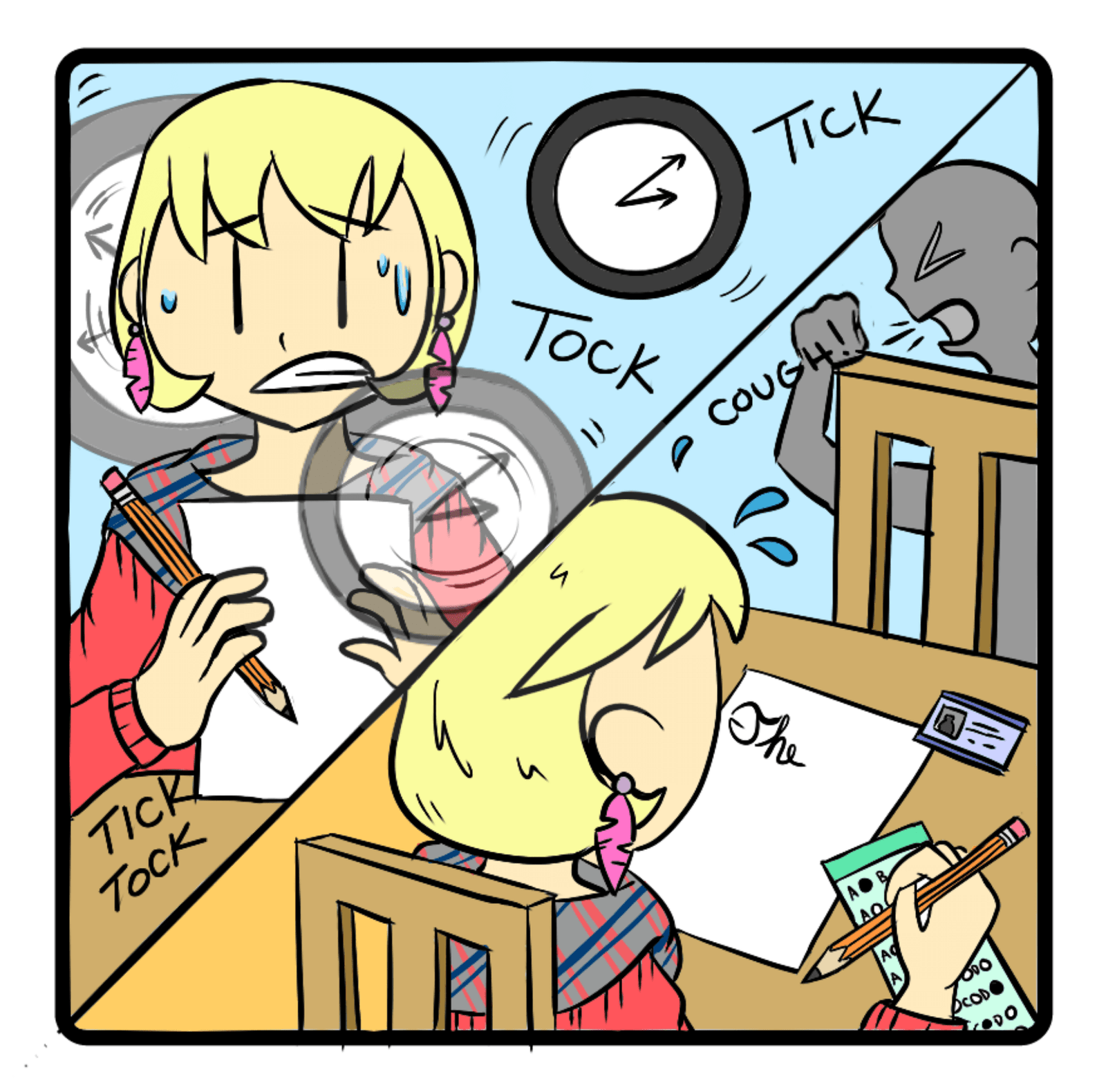
During high school and Undergrad, I had some pretty solid, nerdy, helpful friends, who coincidentally I still keep in touch with today. However, things were different in Grad School. It’s like I skipped all those moments in Jr. High and High School when you figure out the difference between a good friend and a bad friend, and had them in my mid-twenties instead. I think it was because nerdiness was finally cool, and that meant I actually wanted to get in with that in-crowd, or so I thought.
The first close friend I made in Grad School was a highly intelligent and ambitious young woman, who also turned out to be extremely emotionally draining. Like the friend in panel #2 of the comic strip, she would get upset if I had something else to do and couldn’t hang out with her. I spent a lot of my Grad School experience feeling guilty and walking on eggshells as a result, and to make matters worse we were in the same program, so it was hard to ease my way out once I realized that the friendship wasn’t serving me. The whole experience took a lot out of me emotionally, making it hard to put the energy needed into my essays and readings, and subsequently hurting my grades.
I also learned a lesson about colleagues copying your work, like in panel #4 – Yes! That still happens in Grad School. My classmates and I shared office where we’d often discuss our readings before class. One day when the Professor called on my classmate she repeated almost verbatim what I had said during our informal office discussion, leaving me tongue tied once it came time for me to contribute. That experience taught me to be more careful with who I choose to share my thoughts and ideas with. Grad School can be a bit cut-throat for some folks.
Now, not all my friendships were toxic. I came out of the two year experience with some wonderful friendships that endure to this day; however, it certainly did teach me how important the relationships we form are to our overall well-being and success. Incidentally, Associate Professor Janice McCabe, Dartmouth College, found a correlation between the characteristics of friendships and academic performance in her recent study of Undergrads, whereby 100% of students who reported their friends as providing academic motivation and support graduated while only 50% of students who reported that their friends distracted them from their studies managed to graduate within a six year period. As Professor McCabe concludes, friendships can have both academic and social benefits.
So, what kinds of things can you look out when choosing the right friends for you? I don’t know exactly what you look for in a friend, but I can tell you my top three qualities:
OPEN HEART, OPEN MIND: I can be a stubborn person, but overall I’m open to new ideas, creative processes, and the next adventure. I find it really draining to be around individuals who are set on one particular viewpoint or way of doing things. It’s interesting at first if it’s something I haven’t heard of before, but after a while it gets stale. This trait is not only important because it makes that person more fun, but also because it makes conflict resolution smoother too. I find people who are more open are also more apt to admit when they made a mistake, attempt to understand a different perspective, and work towards a consensus. Thus, for me, I find I get the most out of friendships with other people who enjoy growth, change, challenges, and exploration.
CLEAR COMMUNICATION: Even though I teach communication all day and spend a lot of time analyzing texts and data in my work with students, I don’t particularly like to do that in my friendships. That’s way too much effort! I prefer people who can communicate their thoughts, feelings, and needs clearly and directly. I hate it when people expect you to mind read, which people often equate with intimacy when actually I think it’s just a sign of under-developed EQ. Think of an infant, they have fairly simple needs – eat, sleep, diaper change, attention, etc. – and even parents who spend a lot of time with their little baby have a hard time knowing exactly what they want. Why? Because they can’t use words to express themselves. In an adult friendship, I don’t want to have to guess when something is wrong or what someone wants. I want to be able to have an open discussion and work towards a solution. Life is stressful enough as a student or young professional; I want friends that I can chill with and know that what is being said is what is meant.
TAKES RESPONSIBILITY: Being the oldest child of three, I’m naturally responsible (regardless of what my younger brothers might say!). As a kid, that meant getting chores done before my parents got home, and bossing my brothers around to ensure they did their fair share too. As an adult, that means taking responsibility for my actions and their impact on others, as well as, being true to my word. If you’re responsible and end up hanging out with someone who is not, it can get tiring pretty darn fast because you’ll soon find yourself doing all the work on the school project, around the house, or even in resolving conflict. Therefore, whenever I’m making a new friend, I pay close attention to how well we resolve conflicts as the friendship progresses. If I find myself apologizing and putting in more effort to repair situations after a misunderstanding than the other party frequently, that’s a red flag for me, especially if it only seems to get worse after I bring up set imbalance. Being able to be fully responsible for one’s thoughts, feelings, and actions in the world, without blaming yourself for other’s mistakes, is probably the most important trait I look for in a friend as I think it is very closely linked to self-worth and self-confidence. People can learn better communication skills or slowly dip their toe into new experiences, but if you don’t like who you are, no amount of encouragement and positive vibes from my side can repair that. You gotta do the work and heal yourself.
That’s my three cents on friendship. I hope that all of you find some solid friends who will have your back throughout your academic careers. No one can succeed on their own, which is why I’m extremely grateful for the people in my life who have been a positive influence and support in my own journey.
**All content in this post is the intellectual property of Lisa Pfau & Patricia Huang. Please do not replicate any of this content without prior consent. You may share this post and other similar posts widely while making sure to give the authors credit, however.
